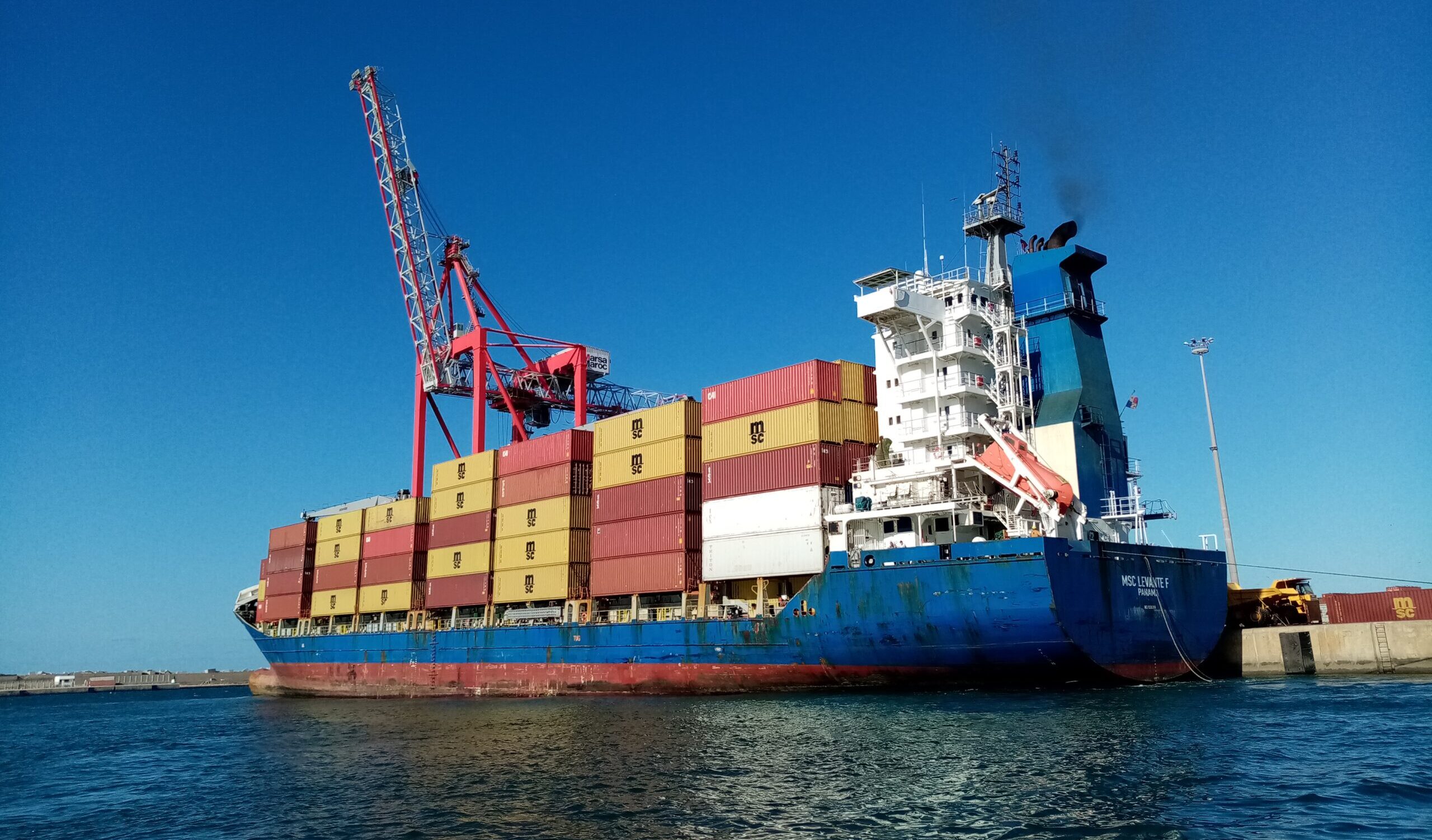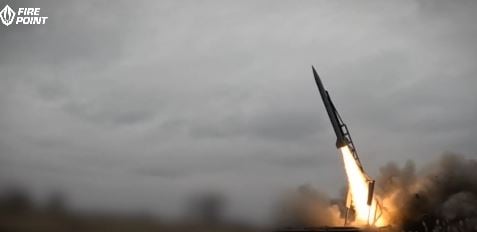In a significant escalation of maritime tensions, Russia has asserted that it successfully sank a cargo vessel purportedly transporting weapons and military equipment destined for Ukraine. The incident occurred on Saturday, March 1, at the port of Odesa, where Russian forces reportedly launched two Iskander-M missiles at the Panama-flagged container ship MSC Levante F, according to claims made by the Russian Telegram channel Talipov Online.
The MSC Levante F, identifiable by its yellow and red containers, is alleged to have made a stop in Turkey prior to its arrival in Ukraine to load British sea drones and other military assets from a NATO base. The Telegram channel boasted that the vessel was struck while preparing to unload its cargo, leading to a series of explosive detonations that resulted in the complete destruction of the cargo and the sinking of the ship.
In the aftermath of the missile strike, Ukrainian authorities confirmed that two port workers sustained injuries, and the attack caused damage to the port’s infrastructure. However, Russia has yet to substantiate its claims with any visual or documentary evidence verifying that the MSC Levante F was indeed sunk.
Responding to the Russian assertions, Odesa Governor Oleg Kiper acknowledged that a missile strike had occurred against a cargo vessel moored at the port. However, he clarified that the damage inflicted on the civilian ship, which is owned by a shipping company based in Switzerland, was not as catastrophic as claimed. Furthermore, Oleksii Kuleba, Ukraine’s Deputy Prime Minister for Reconstruction, categorically refuted Russia’s narrative by stating that the vessel was carrying “completely civilian cargo.” Kuleba also noted that a second ship was affected by the attack, adding another layer to the incident.
This strike forms part of a broader pattern of Russian aggression in the Black Sea region, where President Volodymyr Zelensky has reported that at least 20 foreign merchant ships have come under attack since the onset of Russia’s invasion of Ukraine in February 2022. The incident underscores the ongoing volatility and risk faced by civilian maritime operations in conflict zones, raising concerns about the safety of shipping routes as tensions continue to escalate between Russia and Ukraine.







